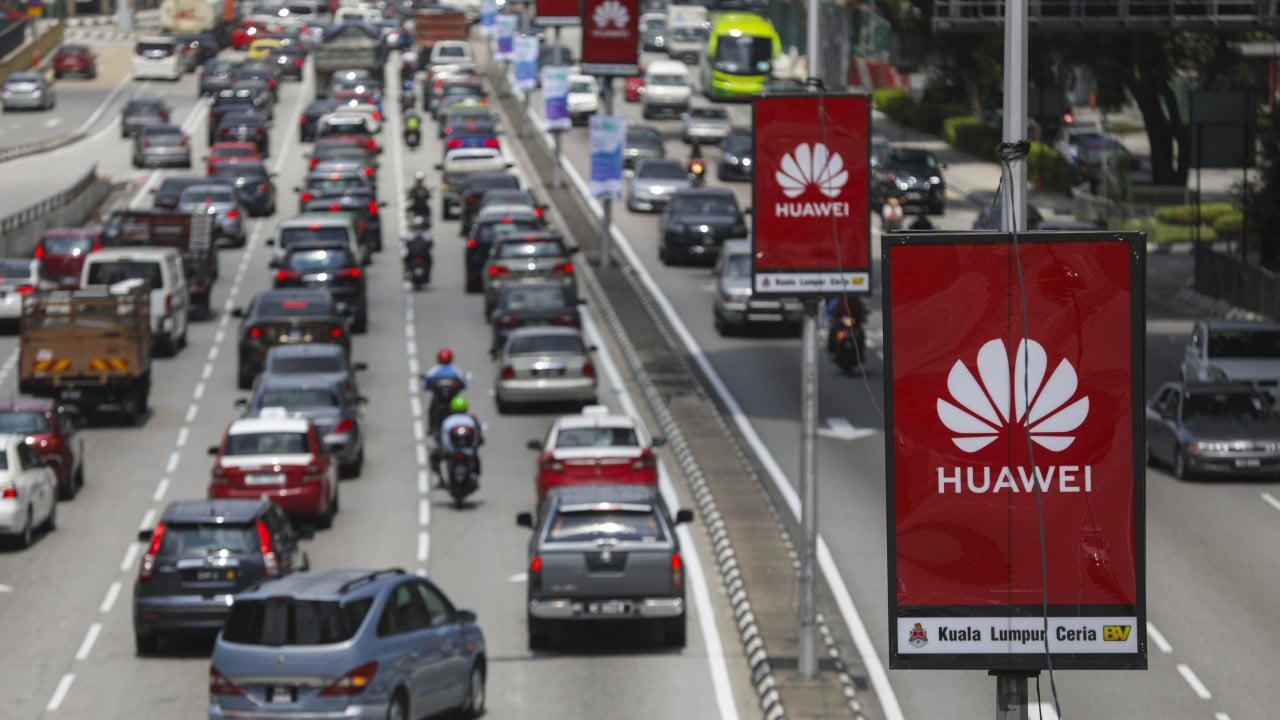Southeast Asia’s growing reliance on Chinese technology is a “double-edged sword”, analysts have warned, offering critical development opportunities while heightening cybersecurity risks and geopolitical pressure as Beijing expands its digital footprint and Washington pushes back.
Advertisement
At a recent two-part online cybersecurity forum held on May 7 and May 15, experts highlighted how Chinese firms such as Huawei have entrenched themselves as major players in the region’s digital infrastructure – especially in telecommunications, cloud computing and emerging artificial intelligence applications.
Huawei’s rise has been driven by its cost competitiveness and ability to deliver large-scale connectivity projects, particularly in markets like Indonesia and the Philippines. But its prominence has also drawn scrutiny over potential security vulnerabilities, given Chinese laws that could compel firms to assist with state intelligence work – a concern that has led several countries, including the US and Australia, to restrict or ban Huawei equipment from critical networks.
Gatra Priyandita, a senior analyst at the Australian Strategic Policy Institute, said Huawei had become a leading provider of telecoms infrastructure in Indonesia due to its affordability and responsiveness to local needs.
“Indonesia has a fairly complicated relationship with China,” Priyandita said, noting that while the two nations have grown closer economically, diplomatically and in the security sphere, views within Jakarta remain divided on the risks associated with Chinese technology.
Advertisement
“There are those who believe that there are risks associated with Huawei that may be specific to Huawei,” he said. “There are those who believe that all kinds of foreign equipment have general risks … and then there are those who argue that none of this really matters because we have to focus on what’s in front of us.”

